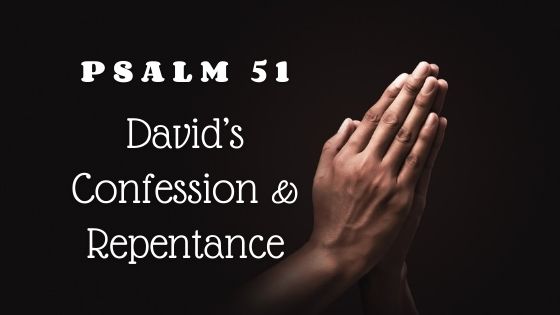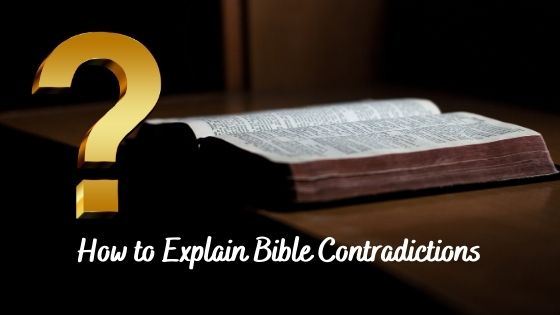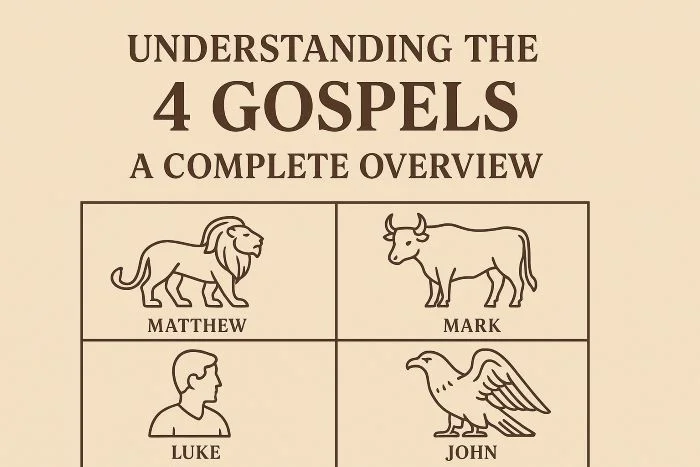God’s Will On Prayer
I am certain that every Christian knows how to pray. But believers in Jesus Christ must know God’s will on prayer. We may be able to communicate with God constantly and regularly. We can even recite the longest prayers. But not knowing the will of God on prayer often leads to disappointment. How so? That’s … Read more










